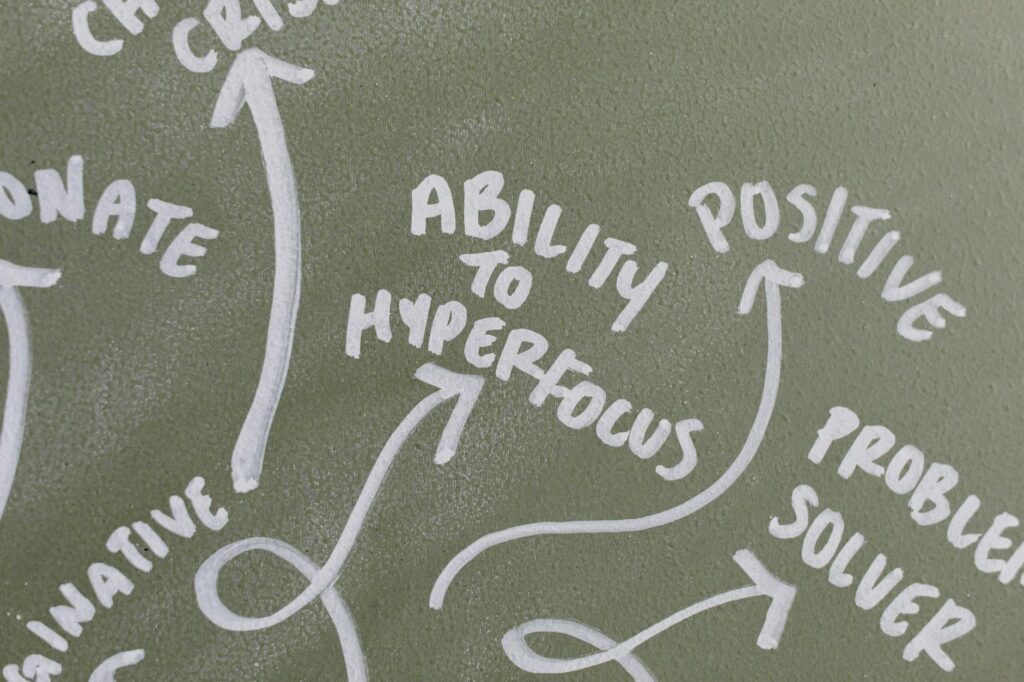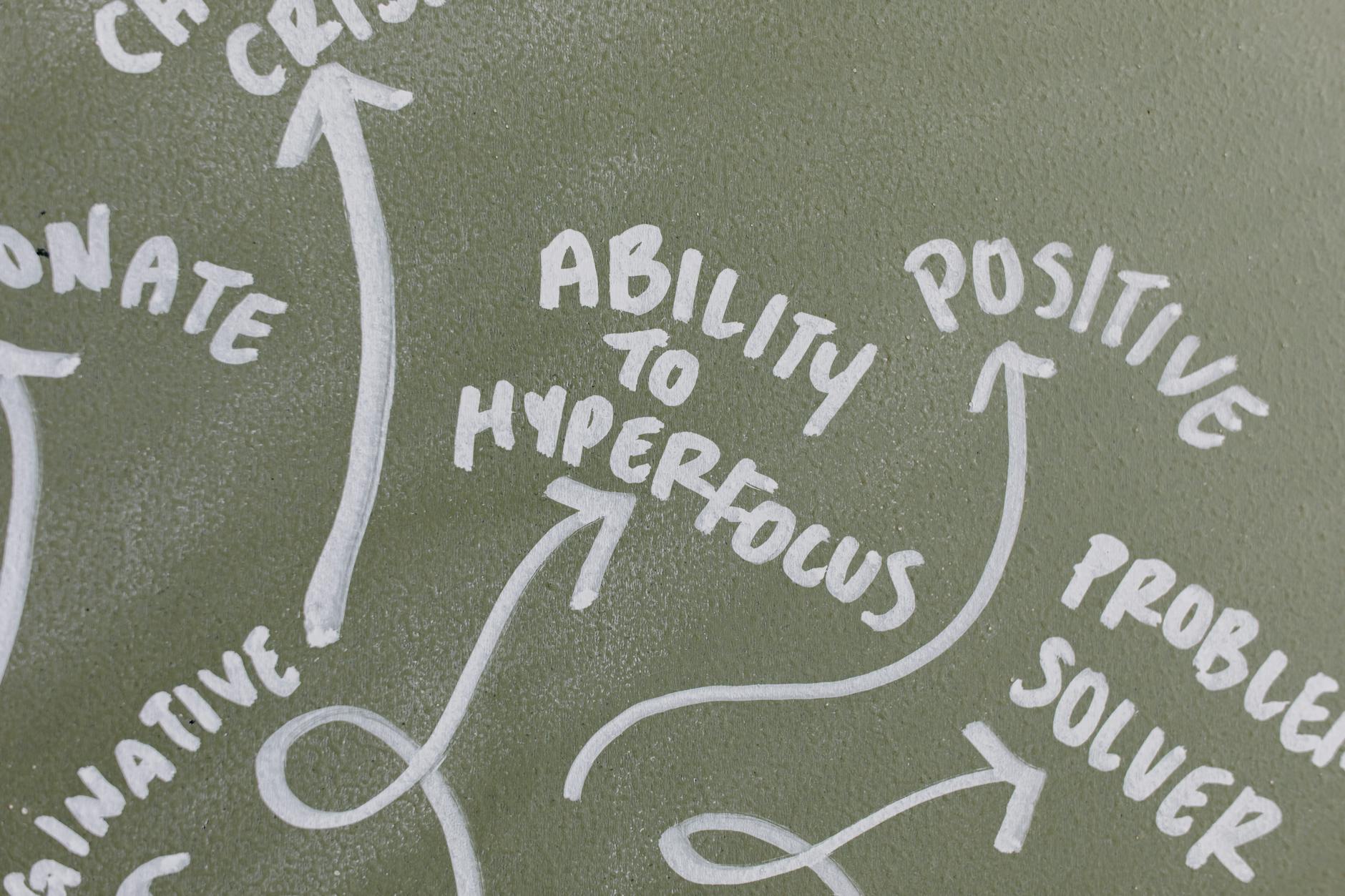What is self-improvement habits?

What is self-improvement habits?
Self-improvement habits are the small, consistent actions we take every day to enhance our lives. These habits can significantly impact our personal and professional growth, shaping our overall well-being and productivity. By adopting effective self-improvement practices, we can unlock our potential and lead more fulfilling lives.
Understanding Self-Improvement Habits
At their core, self-improvement habits are behaviors or routines that promote personal growth. They can vary widely, from daily exercise to reading books, and even to practicing mindfulness. The key is that these habits are intentional, designed to enhance various aspects of life.
Definition and Examples
Self-improvement habits encompass a range of activities aimed at fostering growth and development. Some examples include:
- Daily Exercise: Committing to physical activity helps enhance physical and mental health.
- Reading: Engaging with books or articles expands knowledge and stimulates the mind.
- Meditation or Mindfulness: These practices improve focus and emotional well-being, reducing stress.
By integrating these habits into our routines, we can create a solid foundation for ongoing development.
The Psychology Behind Self-Improvement
Understanding how habits are formed is crucial to implementing effective self-improvement strategies. Habits often follow a cycle: cue, routine, and reward. The cue triggers the habit, the routine is the behavior itself, and the reward reinforces the habit. By identifying cues in our daily lives, we can reshape our routines and focus on positive changes.
The psychology of self-improvement also includes understanding motivation. According to the Beginner’s Guide to Continuous Self-Improvement, encouraging ourselves to embrace change can lead to long-lasting benefits in various areas of life.
Types of Self-Improvement Habits
Self-improvement habits can be categorized into several types, each targeting specific areas of development.
Productivity Habits
Enhancing productivity is a common goal for many. Habits such as:
- Time Management: Organizing tasks effectively can lead to better use of time.
- Prioritization: Focusing on high-impact tasks helps ensure that your efforts lead to the best outcomes.
By actively working on productivity habits, you can achieve more in your personal and professional life.
Health and Wellness Habits
Physical health is a cornerstone of overall well-being. Important health-related habits include:
- Regular Exercise: Engaging in physical activity not only improves health but also boosts mood and energy levels.
- Healthy Eating: Consuming nutritious foods fuels your body and mind, leading to better performance.
These habits set a foundation for a healthier lifestyle, essential for effective self-improvement.
Mental and Emotional Habits
Mental health is just as vital as physical health. Habits that support mental and emotional well-being include:
- Mindfulness Practices: Taking time to reflect can help reduce stress and increase focus.
- Gratitude Journaling: Acknowledging the positive aspects of life fosters a more optimistic mindset.
Implementing these habits can lead to greater emotional resilience and mental clarity.

Photo by Tara Winstead
Implementing Self-Improvement Habits
Incorporating self-improvement habits into your daily routine requires a strategic approach.
Setting SMART Goals
Setting specific, measurable, achievable, relevant, and time-bound (SMART) goals is crucial for effective self-improvement. For instance, rather than saying, “I want to read more,” you could set a goal like, “I will read one book per month.” This specificity increases the likelihood of success.
Tracking Progress and Staying Motivated
Monitoring your progress helps maintain motivation. You might use a habit tracker app or a simple journal to note your daily successes. Celebrating small victories along the way can provide a sense of accomplishment and encourage you to keep pushing forward.
Challenges in Building Self-Improvement Habits
Establishing new habits isn’t always straightforward. Many people face common challenges that can hinder their progress.
Overcoming Procrastination
Procrastination can be a significant barrier to habit formation. To combat this, try breaking tasks into smaller, manageable steps. Setting a timer for focused work sessions (like the Pomodoro Technique) can help you stay on track.
Dealing with Setbacks
Setbacks are a normal part of the self-improvement journey. If you miss a workout or forget to journal one day, it’s essential to avoid self-criticism. Instead, reflect on what caused the setback and plan how to address it moving forward. Resilience is key to long-term success.
Conclusion: The Ongoing Journey of Self-Improvement
Self-improvement habits are more than fleeting actions; they represent a commitment to growth and well-being. As we cultivate these habits, we open doors to new possibilities and enhance our lives in meaningful ways. Remember, self-improvement is an ongoing journey, not a destination. By embracing the process, we can continuously evolve and reach our fullest potential.
For further insights, check out 66 Personal Development Habits for Smart People and explore how these habits can transform your life.